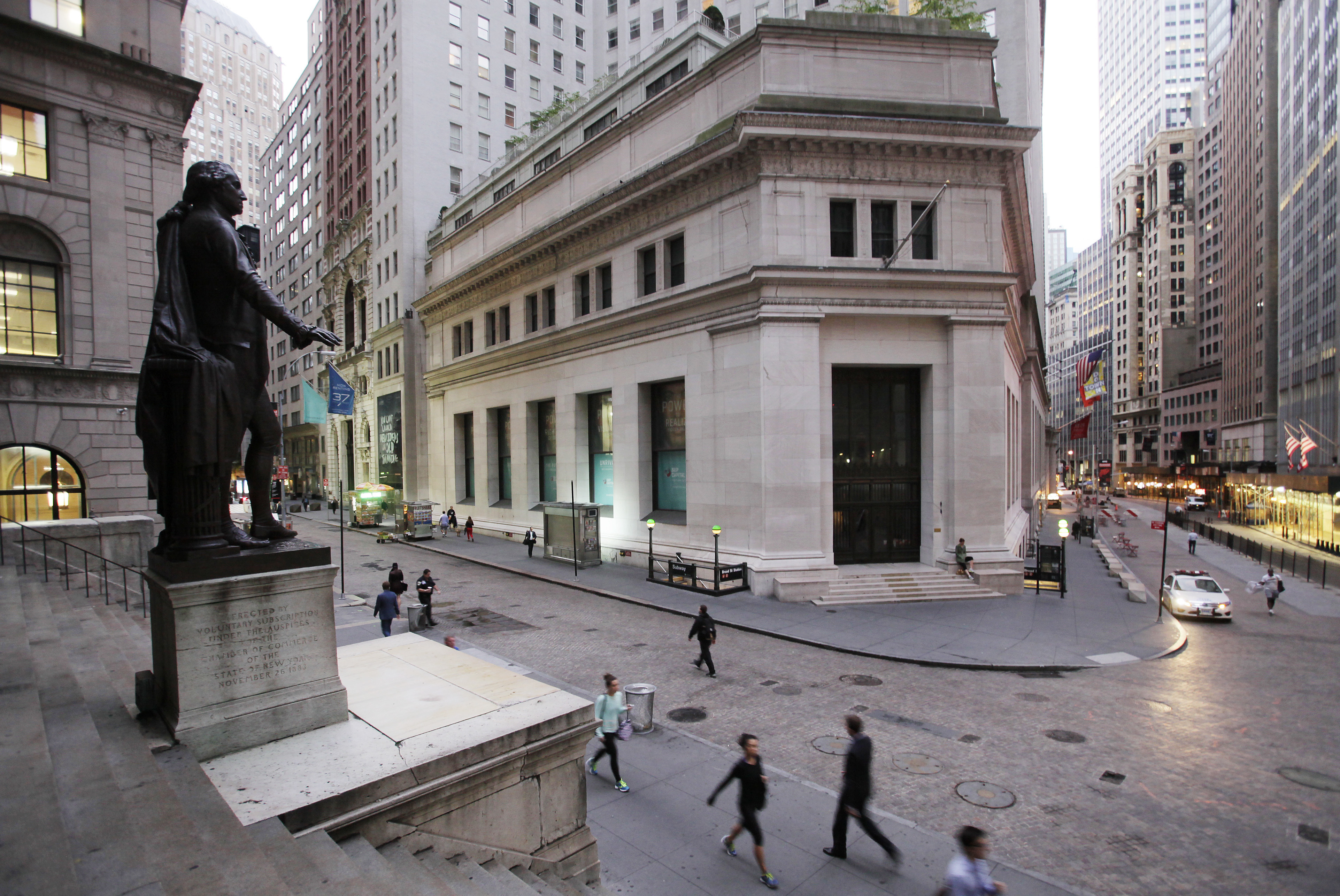Congressional lawmakers are priming a gift for Wall Street banks and the private financial sector, as more than a dozen centrist Democrats are expected to help Republicans deliver a significant blow to Dodd-Frank.
A procedural vote to scale back banking regulations is set for this Tuesday in the Senate, only 10 years after the Great Recession — caused by some of the regulations that Dodd-Frank hoped to address. The Senate plan is staunchly supported by the Trump administration — and all signs point towards it becoming law.
The issue exposes both the rifts within the Democratic Party and the extent to which the Trump administration is unashamed, as President Donald Trump’s entire campaign was built on the premise that he was an outsider who would drain the swamp.
Many centrist Senate Democrats are at odds with progressives and are looking to show bipartisanship as they are faced with reelection this year. In their opinion, they have supported the bill on the grounds it will provide relief to smaller banks that have been over-regulated.
“The Main Street banks, community banks and credit unions didn’t create the crisis in 2008, and they were getting heavily regulated,” Sen. Jon Tester, D-Mont., told the Post. “There’s not one thing in this bill that gives Wall Street a break.”
Tester is joined by other centrists from the party such as Sens. Heidi Heitkamp of North Dakota and Joe Donnelly of Indiana. Also on board are Sens. Tim Kaine and Mark Warner, both of Virginia, even though Warner was a major architect of the 2010 Dodd-Frank Wall Street Reform and Consumer Protection Act, the Post noted.
Meanwhile, progressive leaders pushed back on Tester.
“On the 10th anniversary of an enormous financial crash, Congress should not be passing laws to roll back regulations on Wall Street banks,” Sen. Elizabeth Warren, D-Mass., told The Washington Post. “The bill permits about 25 of the 40 largest banks in America to escape heightened scrutiny and to be regulated as if they were tiny little community banks that could have no impact on the economy.”
The House version of this bill will do even more damage to Dodd-Frank. A challenge could exist in reconciliation, as Senate Democrats have said they would not support further drawbacks.
“The public is not asking for bank deregulation,” Sen. Sherrod Brown, D-Ohio, told the Post. “This is not a community bank bill. They say it is. It’s like the tax cuts weren’t a middle-class tax bill; they want to say it is. This is a bill that helps some of the largest banks.”
But the issue also speaks to how overwhelmingly tilted the system is and how the public is left largely in the dark — without a debate and without meaningful influence.
Centrist Democrats have received a substantial uptick in campaign donations by the financial sector. Heitkamp, Donnelly and Tester are the top three recipients of money from commercial banks, according to the Center for Responsive Politics. But lobbying was ramped up as well, and the Credit Union National Association has exercised its power to the fullest.
More than 5,000 credit union advocates, “including employees and chief executives from every state,” made their presence known in Washington last month. They wore “vote yes” pins and held 600 meetings with lawmakers, the Post noted.
That Wall Street is expected to come away as the only victors of this bill is not new, or even the most disheartening. Democratic support of the bill, especially as the party has struggled to put forth cohesive messaging during the Trump era, proves that the Washington swamp is still alive and well. Perhaps, it’s even stronger than ever.

